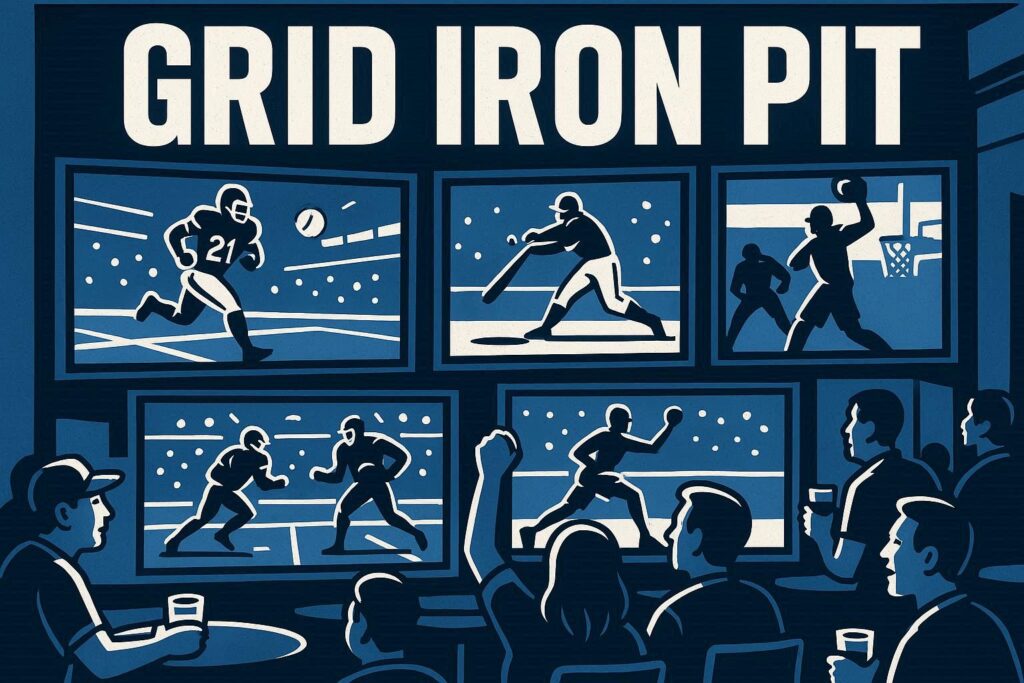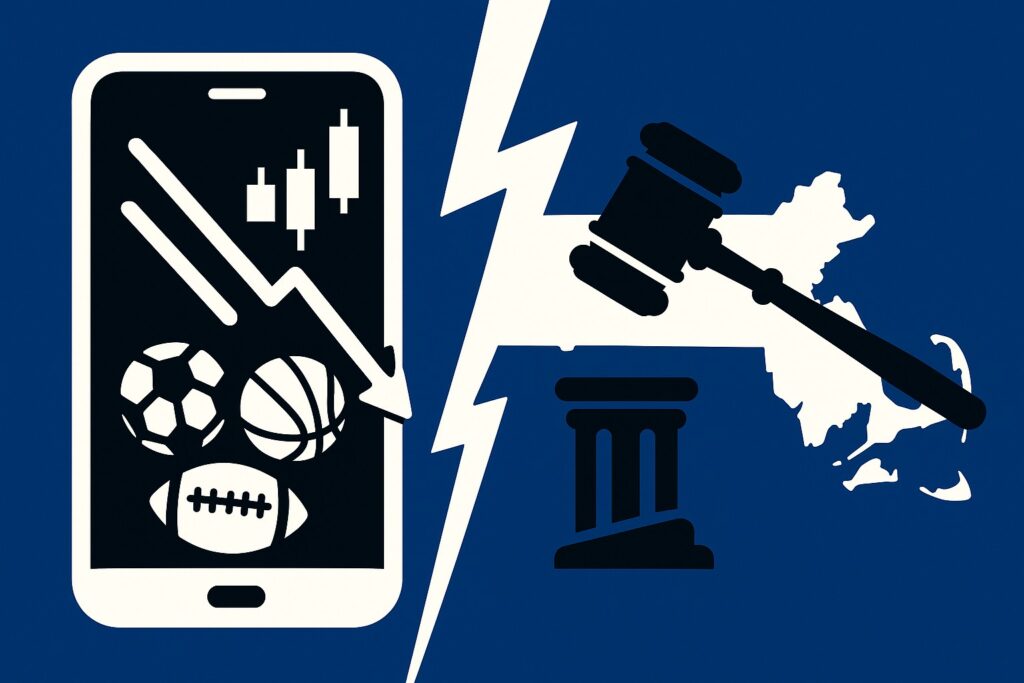We reported here yesterday that hundreds of tribal nations have joined together to support New Jersey’s legal action against Kalshi. Just a few hours later, news broke that 34 states have also joined the cause.
The states, plus the District of Columbia and Northern Marina Islands, filed an amicus brief in the Third Circuit Court of Appeals backing New Jersey’s appeal of the preliminary injunction granted to Kalshi that halted the state’s cease-and-desist order issued to the prediction markets leader in March.
Amicus briefs in support of New Jersey have also been filed by the American Gaming Association, the Casino Association of New Jersey, and a group of anti-gambling organizations.
While Nevada Attorney General Aaron Ford’s and Ohio AG Dave Yost’s names are at the top of the states’ brief, the effort represents a bi-partisan coalition against Kalshi.
Several legal sports betting states, in addition to states where betting has not been legalized, have signed on. Non-legal states California and Texas, the two largest states in the country, are not part of the coalition.
The states’ argument is a familiar one: Kalshi’s prediction market is really a sportsbook.
“Kalshi makes a bold legal claim,” reads the brief, “It says that the States have no power to regulate its conduct, regardless of whether these so-called events contracts qualify as sports betting under state law.”
State battlegrounds
As it did in New Jersey, Kalshi won a preliminary injunction against Nevada’s cease-and-desist order.
Things may not go the company’s way in Maryland, however, where Judge Adam B. Abelson seems to be leaning toward the consensus that the “sports event contracts” Kalshi offers are thinly-veiled sports bets.
While Kalshi faces an onslaught of opposition, the company appears to have the Commodity Futures Trade Commission on its side.
Brian Quintenz, President Trump’s nominee to head the CFTC, implied during his confirmation hearing last week that the agency would allow prediction markets to continue to offer sports-based trading.
Donald Trump Jr., the President’s son, is a strategic adviser to Kalshi.
Quintenz even suggested it’s the CFTC’s responsibility to defend prediction markets against legal challenges from states.
That’s becoming an increasingly daunting task.
AGA makes its case
From the states’ point of view, Kalshi is circumventing their laws by offering sports betting without being vetted, licensed or taxed.
The AGA makes this point in its filing and also suggests Kalshi is skirting federal gambling rules:
“The AGA submits this brief to address the disruptive effects that Kalshi’s unlicensed sports wagers will have on the carefully crafted regulatory framework adopted by New Jersey and other states. …
“Kalshi has made an extraordinary assertion: It does not need to comply with state sports-betting laws. To arrive at that conclusion, Kalshi has creatively interpreted federal commodities law and is now attempting to pass off its sports wagers as derivatives regulated exclusively by the CFTC.”
What’s next?
After being granted a 14-day extension by the Third Circuit Court of Appeals in New Jersey, Kalshi has until July 24 to file its response.
Since the case in New Jersey is Kalshi’s first to reach the appellate level, the court’s ruling could be precedent setting.
The states’ best chance to beat Kalshi is the legal arena, though, may lie in Maryland, where a ruling on the state’s cease-and-desist letter could come this month.





